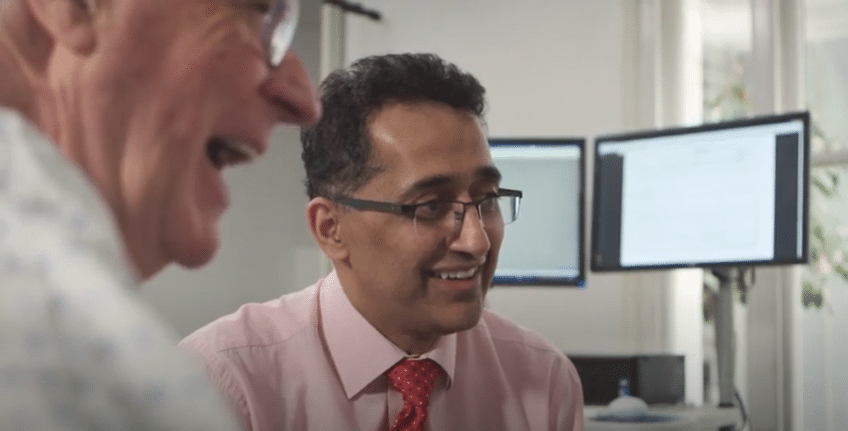Who is entitled to an earlier COVID vaccine?
I am often asked this question- does my condition mean I will get the Vaccine early?
The guidance is available at: https://www.gov.uk/government/publications/priority-groups-for-coronavirus-covid-19-vaccination-advice-from-the-jcvi-30-december-2020/joint-committee-on-vaccination-and-immunisation-advice-on-priority-groups-for-covid-19-vaccination-30-december-2020
Age is the most important risk factor. The BAME community is at risk. The government went for the strategy below to ensure an even roll-out of the vaccine as fast as possible.
The government priorities for vaccination:
- residents in a care home for older adults and their carers-DONE
- all those 80 years of age and over and frontline health and social care workers-DONE
- all those 75 years of age and over-DONE
- all those 70 years of age and over and clinically extremely vulnerable individuals-BEING DONE. What does that mean?
- solid organ transplant recipients
- people with specific cancers:
- people with cancer who are undergoing active chemotherapy
- people with lung cancer who are undergoing radical radiotherapy
- people with cancers of the blood or bone marrow such as leukaemia, lymphoma or myeloma who are at any stage of treatment
- people having immunotherapy or other continuing antibody treatments for cancer
- people having other targeted cancer treatments that can affect the immune system, such as protein kinase inhibitors or PARP inhibitors
- people who have had bone marrow or stem cell transplants in the last 6 months or who are still taking immunosuppression drugs
- people with severe respiratory conditions including all cystic fibrosis, severe asthma and severe chronic obstructive pulmonary disease (COPD)
- people with rare diseases that significantly increase the risk of infections (such as severe combined immunodeficiency (SCID), homozygous sickle cell disease)
- people on immunosuppression therapies sufficient to significantly increase risk of infection
- problems with your spleen, for example splenectomy (having your spleen removed)
- adults with Down’s syndrome
- adults on dialysis or with chronic kidney disease (stage 5)
- women who are pregnant with significant heart disease, congenital or acquired
- other people who have also been classed as clinically extremely vulnerable, based on clinical judgement and an assessment of their needs. GPs and hospital clinicians have been provided with guidance to support these decisions
- all those 65 years of age and over- BEING DONE
- all individuals aged 16 years to 64 years with underlying health conditions which put them at higher risk of serious disease and mortality-BEING DONE– what does that mean?
- chronic respiratory disease, including chronic obstructive pulmonary disease (COPD), cystic fibrosis and severe asthma
- chronic heart disease (and vascular disease)- see below
- chronic kidney disease
- chronic liver disease
- chronic neurological disease including epilepsy
- Down’s syndrome
- severe and profound learning disability
- diabetes and gestational diabetes
- solid organ, bone marrow and stem cell transplant recipients
- people with specific cancers
- immunosuppression due to disease or treatment
- asplenia and splenic dysfunction
- morbid obesity
- severe mental illness
- all those 60 years of age and over
- all those 55 years of age and over
- all those 50 years of age and over
In terms of heart and vascular disease, what does at risk of serious disease mean?
- Atrial fibrillation- this definitely puts you at risk with COVID
- Coronary heart disease- My interpretation is that you have to have had symptoms- not just something on an angiogram or CT scan, but a heart attack or angina
- Heart failure- again, this is a clinical diagnosis- and puts you at risk
- Congenital Heart disease- If you have been fully treated for a small problem such as ASD, you may not be at risk. However, it is better to be safe and count all congenital heart disease. A PFO is NOT counted, unless you have had a stroke
- Peripheral Vascular Disease- causing claudication- pain on walking
- Stroke
Is the Vaccine safe?
To date many millions of people in the UK have now had the vaccine. All types are seen as safe. You should have one. I have had mine!
For specific questions on your condition, please set up an appointment with the team.
PROTECT THE PATIENT: Dr Malik does a TAVI as a day case during the COVID-19 crisis

